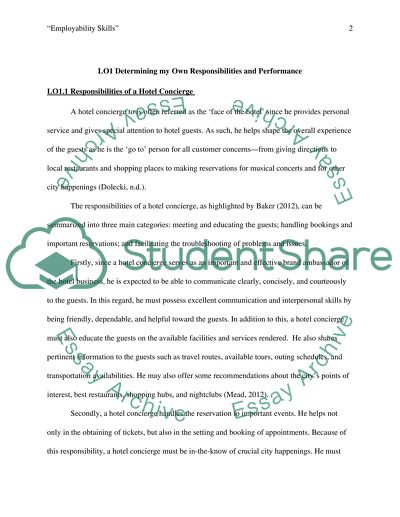Cite this document
(“Employability Skills Essay Example | Topics and Well Written Essays - 3750 words”, n.d.)
Retrieved from https://studentshare.org/tourism/1399599-employability-skills
Retrieved from https://studentshare.org/tourism/1399599-employability-skills
(Employability Skills Essay Example | Topics and Well Written Essays - 3750 Words)
https://studentshare.org/tourism/1399599-employability-skills.
https://studentshare.org/tourism/1399599-employability-skills.
“Employability Skills Essay Example | Topics and Well Written Essays - 3750 Words”, n.d. https://studentshare.org/tourism/1399599-employability-skills.


